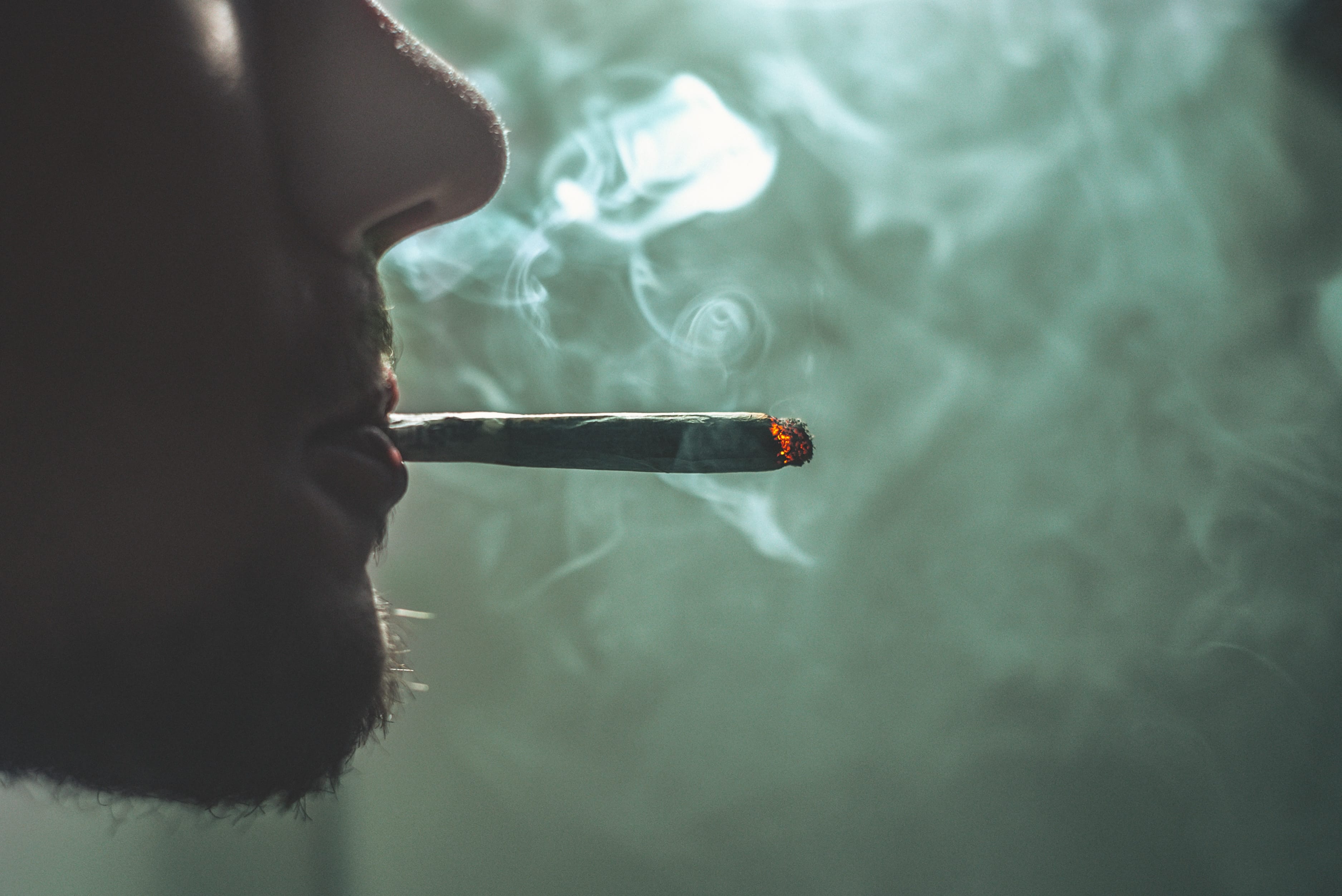The situation with marijuana changes almost every week. Businesses need to make clear whether drug testing will be part of their corporate policies.
A world at full steam rushes towards the legalization of cannabis. A lot of scientific papers have been written about the impact of marijuana on human well-being, which speak both about the positive influences of the drug and the negative results of its use. Another question that arises is: What happens if a medical marijuana cardholder fails a work-related drug test?
According to the latest research by the UN Office on Drugs and Crime, by 2016, 192 million people used cannabis at least once in their lives, and over the previous decade, consumption growth was 16-20%. In Europe, about 20 million people consume marijuana. “Users” of marijuana – an average of 60-70% – are young people aged from 15 to 35 years. The number of people using marijuana for medical goals varies from country to country, but the maximum number of patients using cannabis for therapy is in Denmark (almost 64%), Hungary (61%), Cyprus (56%), and the Netherlands (more than 47%) .
To use cannabis for therapy or for other goals in a number of countries is now completely lawful. Certain forms of medical cannabis are accessible to patients on prescription and for the therapy of a strictly prescribed circle of diseases (mainly to reduce chronic pain, but also others) in these countries: Canada, some U.S. states, Uruguay, Israel, the Netherlands and some others. Although, drug testing still exists. And this motivates companies to develop detoxification drugs that may hide traces of the decay of hemp components in the body. After all, traces of cannabis, unlike hard drugs, remain in the body for some weeks. Given the pointlessness of such tests, in the U.S. there are companies that refuse to test for cannabis, motivating a policy of non-interference in personal life.
Imperfect legislation
Some U.S. laws and court decisions allow companies to dismiss employees if the analysis confirms their use of drugs, including marijuana. This also applies to those places where marijuana is legalized. For example, the Colorado Supreme Court ruled that employers may release workers even if they utilize marijuana for medical goals. Some U.S. states have passed laws requiring employers to provide accommodation for their employees who need drugs for pain relief or other medical reasons. If, as predicted, that the drug does not affect the effectiveness of their work.
A spokesperson for Excellence Health Inc., said the company officially abandoned marijuana tests two years ago, and explained, “We don’t care what people do in their free time.”
A similar position was taken by AutoNation, the largest U.S. car dealer, who had previously refused candidates who showed traces of drugs in the body. It turns out that among American employers there are those who not only do not mind the use of drugs by employees in their free time, but who do not see this as a threat to the work process. Less than a third of the studies found a connection between marijuana using and decreased functionality. One study even showed a statistically significant increase in productivity per hour among marijuana users.
According to Resumeget, there are many professions that you can choose, obviously, some of them will always require testing for the content of any substances. First of all, this concerns work involving high risk, for example, the management of heavy machinery. However, the uselessness of such tests for office workers is becoming increasingly apparent. Some professors specializing in employment law believe that refusing to test for drugs will make it possible to hire the most competent specialists, not excluding people just for their habits: “At least a revision of the drug testing policy has significant advantages for employers. A complete ban simply cannot be effective.”
In Europe, the practice of conducting tests for narcotic substances also exists, although there is no unified statistics on the prevalence of this phenomenon. Only a few EU countries, in particular Finland, Ireland and Norway, have taken up the legislative dilemma. The causes for taking a drug test can be various – at the request of the police, insurance, before sports, at work. In the U.S., cannabis stays a banned substance at the federal level, so formally through a affirmative test for cannabis content you can lose your job even in states where medical utilization is lawful. 84% of employers in the U.S. conduct drug tests, and the ways are becoming more sophisticated.

The practice of using drug tests and their governing laws differ in countries around the world. For instance, in Norway, such tests are considered an infringement of the personal integrity of the worker. They may be carried out only when it is necessary for the security of the workers themselves or other people. Canadian employers have less freedom in this matter than American ones. Employers often find themselves in a legislative trap. On the one hand, they must comply with the demands for defending the health and safety of the public, for example, those who drive a vehicle, and on the other hand, they cannot violate the rights of people who use cannabis medicines, as well as employees who are addicted to this drug, which can be considered a physical handicap. The imperfection of laws also limits the career opportunities of public who are forced to take marijuana drugs due to health problems or simply use this drug in their spare time. This also creates obstacles for employers who plan to transfer employees to foreign branches, because their professional skills are needed there.
The situation is changing
The situation with marijuana changes almost every week. Businesses need to make clear whether drug testing will be part of their corporate policies. Despite the rapid spread of legalization of marijuana, many companies still have not developed corporate rules on this issue, not to mention the harmonization of their policies with the laws of other countries.
The lack of talented people makes some employers fail to notice drug tests. Many companies in Silicon Valley have stopped drug testing for candidates because they realize they may be losing a lot of skilled people. In order not to lose valuable specialists, HR consultants advise companies to give a second chance to an employee if his result in the test for marijuana is affirmative. The employee is asked to take the last test over the next year and warned that he will be fired if the test is positive again.
Companies also reserve the right to test if an employee shows signs of drug intoxication or a decrease in labor productivity. Although, many companies refuse to publicly discuss their drug testing policies. “This is a matter of reputation,” experts explain. No company wants to be considered drug-loyal. After all, if an accident occurs, and narcotic substances appear in the body of the injured worker, the company will have to bear legal responsibility.


Join the conversation!